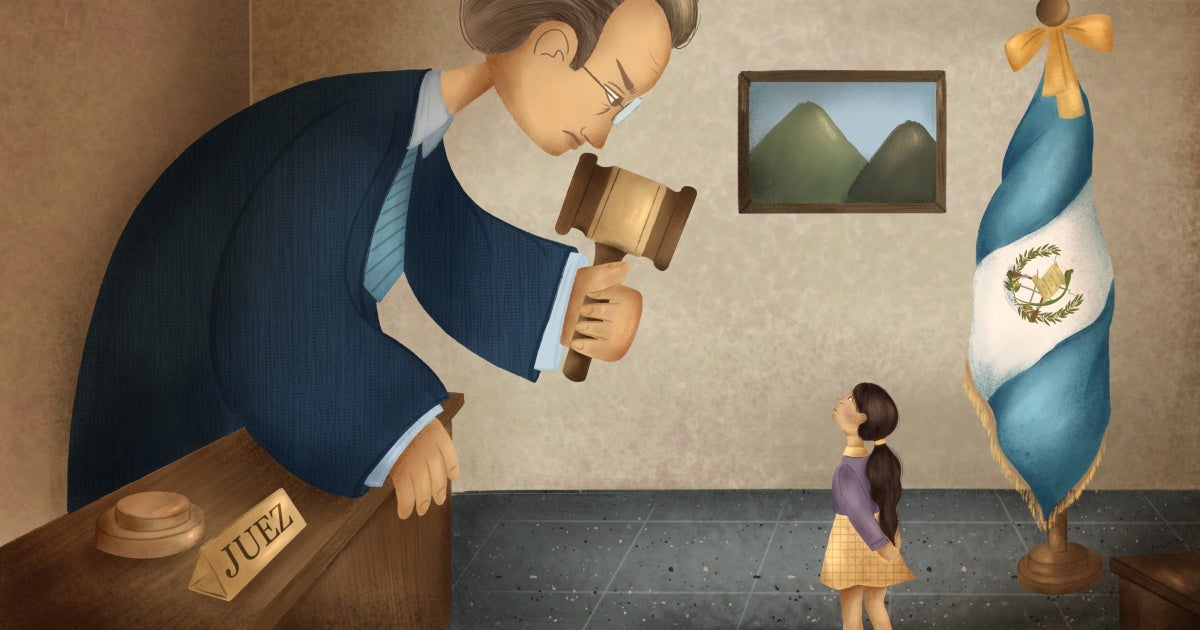The United Nations Human Rights Committee has issued a landmark ruling holding Guatemala accountable for violating the rights of Fátima, a 13-year-old girl who was forced to continue a pregnancy resulting from rape and become a mother when she was still a child herself. This decision highlights the need for Guatemala to take action to prevent sexual violence and ensure that survivors, especially girls, receive the support and justice they deserve.
The committee found that Guatemala’s failure to investigate the multiple rapes suffered by Fátima, and to prosecute the perpetrator (a teacher and public official), constituted a violation of Fátima’s rights under the International Covenant on Civil and Political Rights. The committee concluded that her right to a life with dignity was harmed due to the impact of pregnancy resulting from rape on Fatima’s mental, physical, and social health, along with the trajectory of her entire life. The committee emphasized that forcing Fátima to carry the pregnancy against her will subjected her to treatment akin to torture and put her life at risk.
The committee noted that Fátima lacked effective recourse due to the government’s failure to provide access to comprehensive sexuality education and abortion. While Guatemala’s legal framework permits therapeutic abortion—an option in cases where there is a risk to the life of the pregnant person—girls are often not informed about their right to access this care, effectively denying them necessary support.
Fátima’s case reflects a broader pattern of sexual violence as a pervasive and systemic issue in Guatemala. Between 2018 and 2024, 14,696 girls under 14 gave birth and became mothers, in many cases against their will. Research by Human Rights Watch shows that girls who have experienced sexual violence in Guatemala are often pushed out of education, struggle to access health care and social security, and face enormous barriers to justice. These obstacles indicate that Guatemala lacks a gender-sensitive and child-centered approach to preventing and responding to sexual violence. Indigenous girls and deaf girls face additional challenges due to language barriers.
This ruling represents a critical step in addressing the rights of women and girls in Guatemala and is the result of years of advocacy by the Niñas, No Madres (Girls, Not Mothers) movement.
Guatemala needs comprehensive reforms to better prevent sexual violence, including against girls, and to guarantee that girls have full access to health care, education, social security, and justice, including adequate reparations.




